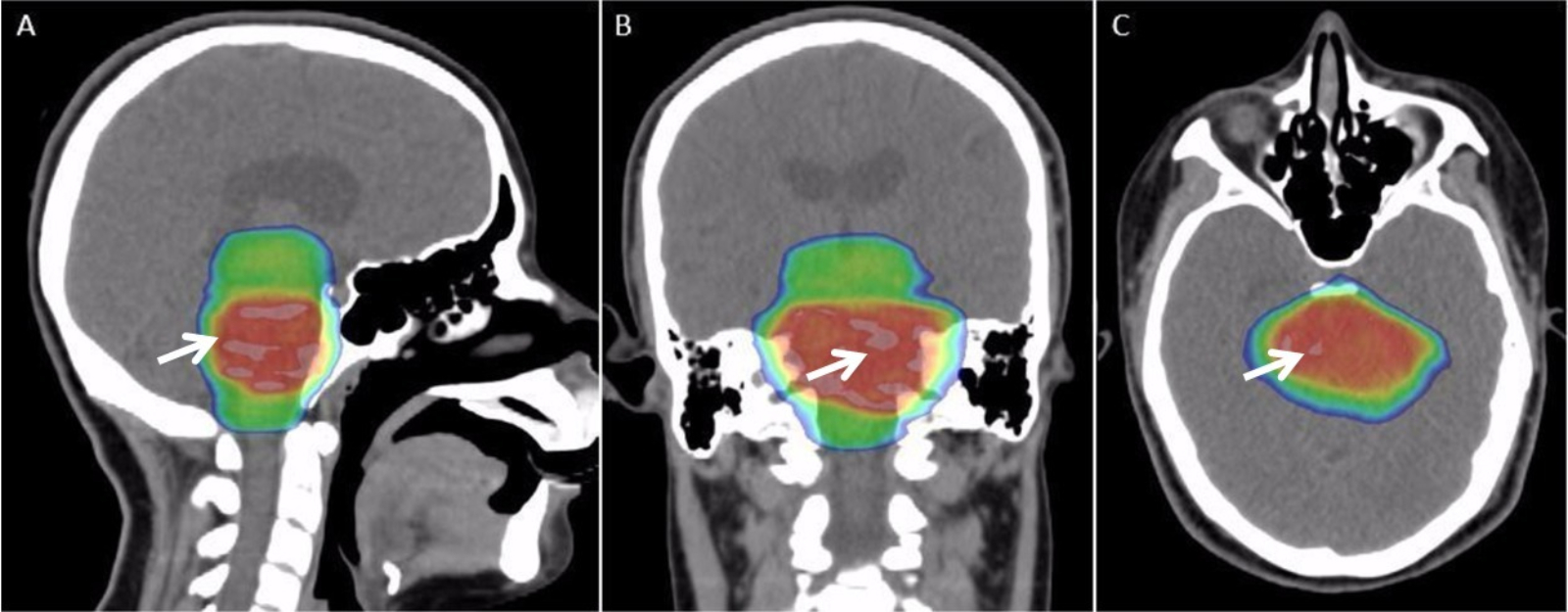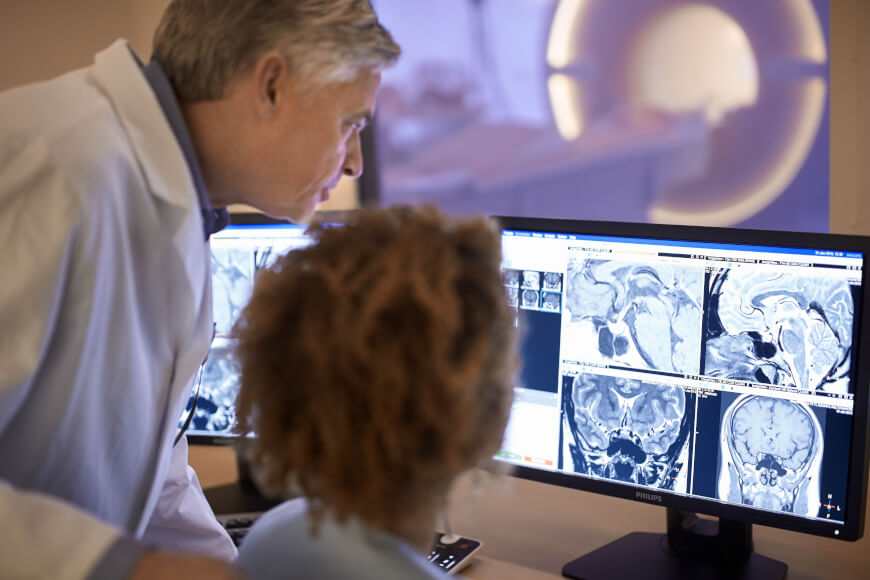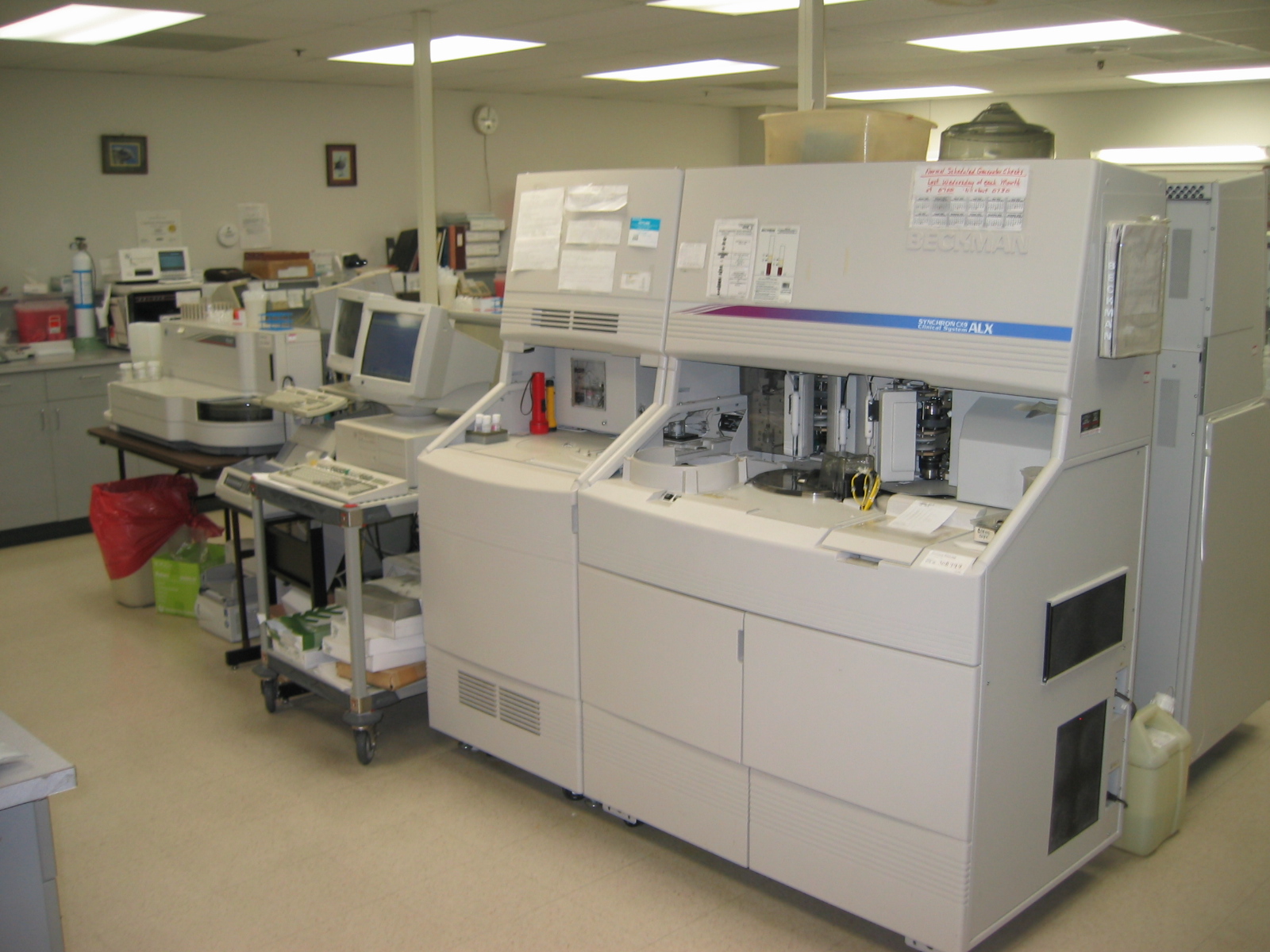|
University College Hospital, Ibadan
University College Hospital, Ibadan is a federal teaching hospital in Ibadan, Nigeria attached to the University of Ibadan. History The University College Hospital, (UCH) Ibadan was established by an August 1952 Act of Parliament in response to the need for the training of medical personnel and other healthcare professionals for the country and the West African Sub-Region. The establishment of the Hospital followed a Visitation Panel in 1951 to assess the clinical facilities for the clinical postings of medical students registered for M.B.B.S. degree of the University of London. The visitation panel, led by Dr. T.F. Hunt of the University of London rejected the enhanced facilities provided by the Government/Native Authority Hospital at Adeoyo, Ibadan following the establishment of a Faculty of Medicine in the University College, Ibadan (now University of Ibadan) in 1948. The University College Hospital (UCH) was strategically located in Ibadan, then the largest city in West A ... [...More Info...] [...Related Items...] OR: [Wikipedia] [Google] [Baidu] |
Ibadan
Ibadan (, ; ) is the capital and most populous city of Oyo State, in Nigeria. It is the third-largest city by population in Nigeria after Lagos and Kano, with a total population of 3,649,000 as of 2021, and over 6 million people within its metropolitan area. It is the country's largest city by geographical area. At the time of Nigeria's independence in 1960, Ibadan was the largest and most populous city in the country, and the second most populous in Africa behind Cairo. Ibadan is ranked the second fastest growing city on the African continent according to the UN Human settlements research program (2022), It is also ranked third in West Africa in the tech startups index. Ibadan joined the UNESCO Global Network of Learning Cities in 2016. Ibadan is located in south-western Nigeria, inland northeast of Lagos and southwest of Abuja, the federal capital. It is a prominent transit point between the coastal region and areas in the hinterland of the country. Ibadan had been the ... [...More Info...] [...Related Items...] OR: [Wikipedia] [Google] [Baidu] |
Otorhinolaryngology
Otorhinolaryngology ( , abbreviated ORL and also known as otolaryngology, otolaryngology–head and neck surgery (ORL–H&N or OHNS), or ear, nose, and throat (ENT)) is a surgical subspeciality within medicine that deals with the surgical and medical management of conditions of the head and neck. Doctors who specialize in this area are called otorhinolaryngologists, otolaryngologists, head and neck surgeons, or ENT surgeons or physicians. Patients seek treatment from an otorhinolaryngologist for diseases of the ear, nose, throat, base of the skull, head, and neck. These commonly include functional diseases that affect the senses and activities of eating, drinking, speaking, breathing, swallowing, and hearing. In addition, ENT surgery encompasses the surgical management of cancers and benign tumors and reconstruction of the head and neck as well as plastic surgery of the face and neck. Etymology The term is a combination of New Latin combining forms ('' oto-'' + '' rhino ... [...More Info...] [...Related Items...] OR: [Wikipedia] [Google] [Baidu] |
Abedo
Abedo is a paramilitary commander operating in Helmand Province, Afghanistan. She started out fighting at the side of her Mujahideen husband in 1979 when the Soviet Union invaded Afghanistan. After the death of her husband in 1987, she continued fighting commanding 200 Mujahideen fighters.Ehsan, Gol Ahmad, (2011Female Militia Chief Keeps Peace in Helmand District Institute for War and Peace Reporting After the withdrawal of Soviet forces in 1989, Abedo took to a life of peace. But when the Taliban The Taliban (; ps, طالبان, ṭālibān, lit=students or 'seekers'), which also refers to itself by its state name, the Islamic Emirate of Afghanistan, is a Deobandi Islamic fundamentalist, militant Islamist, jihadist, and Pasht ... set fire to her shop she formed a small militia to keep peace in her region of Helmand Province. Notes Living people Mujahideen members of the Soviet–Afghan War Afghan Muslims Year of birth missing (living people) {{Afgh ... [...More Info...] [...Related Items...] OR: [Wikipedia] [Google] [Baidu] |
Igbo Ora
Igbo may refer to: * Igbo people, an ethnic group of Nigeria * Igbo language, their language * anything related to Igboland, a cultural region in Nigeria See also * Ibo (other) * Igbo mythology * Igbo music * Igbo art * * Igbo-Ukwu, a town in the Nigerian state of Anambra * Ijebu Igbo Ijebu Igbo ( Yoruba: Ìjẹ̀bú-Igbó) is a town in Ogun State, Nigeria. It is approximately a 15-minute drive north of Ijebu Ode. Ijebu Igbo, also written as Ijebu-Igbo, is the headquarters of Ijebu North Local Government Authority of Ogun St ..., a town in the Nigerian state of Ogun * Igbo bu Igbo {{Disambiguation Language and nationality disambiguation pages ... [...More Info...] [...Related Items...] OR: [Wikipedia] [Google] [Baidu] |
Dentistry
Dentistry, also known as dental medicine and oral medicine, is the branch of medicine focused on the teeth, gums, and mouth. It consists of the study, diagnosis, prevention, management, and treatment of diseases, disorders, and conditions of the mouth, most commonly focused on dentition (the development and arrangement of teeth) as well as the oral mucosa. Dentistry may also encompass other aspects of the craniofacial complex including the temporomandibular joint. The practitioner is called a dentist. The history of dentistry is almost as ancient as the history of humanity and civilization with the earliest evidence dating from 7000 BC to 5500 BC. Dentistry is thought to have been the first specialization in medicine which have gone on to develop its own accredited degree with its own specializations. Dentistry is often also understood to subsume the now largely defunct medical specialty of stomatology (the study of the mouth and its disorders and diseases) for which reas ... [...More Info...] [...Related Items...] OR: [Wikipedia] [Google] [Baidu] |
Neurological Surgery
Neurosurgery or neurological surgery, known in common parlance as brain surgery, is the medical specialty concerned with the surgical treatment of disorders which affect any portion of the nervous system including the brain, spinal cord and peripheral nervous system. Education and context In different countries, there are different requirements for an individual to legally practice neurosurgery, and there are varying methods through which they must be educated. In most countries, neurosurgeon training requires a minimum period of seven years after graduating from medical school. United States In the United States, a neurosurgeon must generally complete four years of undergraduate education, four years of medical school, and seven years of residency (PGY-1-7). Most, but not all, residency programs have some component of basic science or clinical research. Neurosurgeons may pursue additional training in the form of a fellowship after residency, or, in some cases, as a senior resi ... [...More Info...] [...Related Items...] OR: [Wikipedia] [Google] [Baidu] |
Radiation Oncology
Radiation therapy or radiotherapy, often abbreviated RT, RTx, or XRT, is a therapy using ionizing radiation, generally provided as part of cancer treatment to control or kill malignant cells and normally delivered by a linear accelerator. Radiation therapy may be curative in a number of types of cancer if they are localized to one area of the body. It may also be used as part of adjuvant therapy, to prevent tumor recurrence after surgery to remove a primary malignant tumor (for example, early stages of breast cancer). Radiation therapy is synergistic with chemotherapy, and has been used before, during, and after chemotherapy in susceptible cancers. The subspecialty of oncology concerned with radiotherapy is called radiation oncology. A physician who practices in this subspecialty is a radiation oncologist. Radiation therapy is commonly applied to the cancerous tumor because of its ability to control cell growth. Ionizing radiation works by damaging the DNA of cancerous tissue ... [...More Info...] [...Related Items...] OR: [Wikipedia] [Google] [Baidu] |
Radiology
Radiology ( ) is the medical discipline that uses medical imaging to diagnose diseases and guide their treatment, within the bodies of humans and other animals. It began with radiography (which is why its name has a root referring to radiation), but today it includes all imaging modalities, including those that use no electromagnetic radiation (such as ultrasonography and magnetic resonance imaging), as well as others that do, such as computed tomography (CT), fluoroscopy, and nuclear medicine including positron emission tomography (PET). Interventional radiology is the performance of usually minimally invasive medical procedures with the guidance of imaging technologies such as those mentioned above. The modern practice of radiology involves several different healthcare professions working as a team. The radiologist is a medical doctor who has completed the appropriate post-graduate training and interprets medical images, communicates these findings to other physicians ... [...More Info...] [...Related Items...] OR: [Wikipedia] [Google] [Baidu] |
Family Medicine
Family medicine is a medical specialty within primary care that provides continuing and comprehensive health care for the individual and family across all ages, genders, diseases, and parts of the body. The specialist, who is usually a primary care physician, is named a family physician. It is often referred to as general practice and a practitioner as a general practitioner. Historically, their role was once performed by any doctor with qualifications from a medical school and who works in the community. However, since the 1950s, family medicine / general practice has become a specialty in its own right, with specific training requirements tailored to each country. The names of the specialty emphasize its holistic nature and/or its roots in the family. It is based on knowledge of the patient in the context of the family and the community, focusing on disease prevention and health promotion. According to the World Organization of Family Doctors (WONCA), the aim of family m ... [...More Info...] [...Related Items...] OR: [Wikipedia] [Google] [Baidu] |
Community Medicine
Public health is "the science and art of preventing disease, prolonging life and promoting health through the organized efforts and informed choices of society, organizations, public and private, communities and individuals". Analyzing the determinants of health of a population and the threats it faces is the basis for public health. The ''public'' can be as small as a handful of people or as large as a village or an entire city; in the case of a pandemic it may encompass several continents. The concept of ''health'' takes into account physical, psychological, and social well-being.What is the WHO definition of health? from the Preamble to the Constitution of WHO as adopted by the International Health Conference, New York, 19 June - 22 July 1946; signed on 2 ... [...More Info...] [...Related Items...] OR: [Wikipedia] [Google] [Baidu] |
Psychiatry
Psychiatry is the specialty (medicine), medical specialty devoted to the diagnosis, prevention, and treatment of mental disorders. These include various maladaptations related to mood, behaviour, cognition, and perceptions. See glossary of psychiatry. Initial psychiatric assessment of a person typically begins with a Medical history, case history and mental status examination. Physical examinations and Psychological testing, psychological tests may be conducted. On occasion, neuroimaging or other Neurophysiology, neurophysiological techniques are used. Mental disorders are often diagnosed in accordance with clinical concepts listed in diagnostic manuals such as the ''International Classification of Diseases'' (ICD), edited and used by the World Health Organization (WHO) and the widely used ''Diagnostic and Statistical Manual of Mental Disorders'' (DSM), published by the American Psychiatric Association (APA). The fifth edition of the DSM (DSM-5) was published in May 2013 which re ... [...More Info...] [...Related Items...] OR: [Wikipedia] [Google] [Baidu] |
Laboratory Medicine
A medical laboratory or clinical laboratory is a laboratory where tests are conducted out on clinical specimens to obtain information about the health of a patient to aid in diagnosis, treatment, and prevention of disease. Clinical Medical laboratories are an example of applied science, as opposed to research laboratories that focus on basic science, such as found in some academic institutions. Medical laboratories vary in size and complexity and so offer a variety of testing services. More comprehensive services can be found in acute-care hospitals and medical centers, where 70% of clinical decisions are based on laboratory testing. Doctors offices and clinics, as well as skilled nursing and long-term care facilities, may have laboratories that provide more basic testing services. Commercial medical laboratories operate as independent businesses and provide testing that is otherwise not provided in other settings due to low test volume or complexity. Departments In hosp ... [...More Info...] [...Related Items...] OR: [Wikipedia] [Google] [Baidu] |








